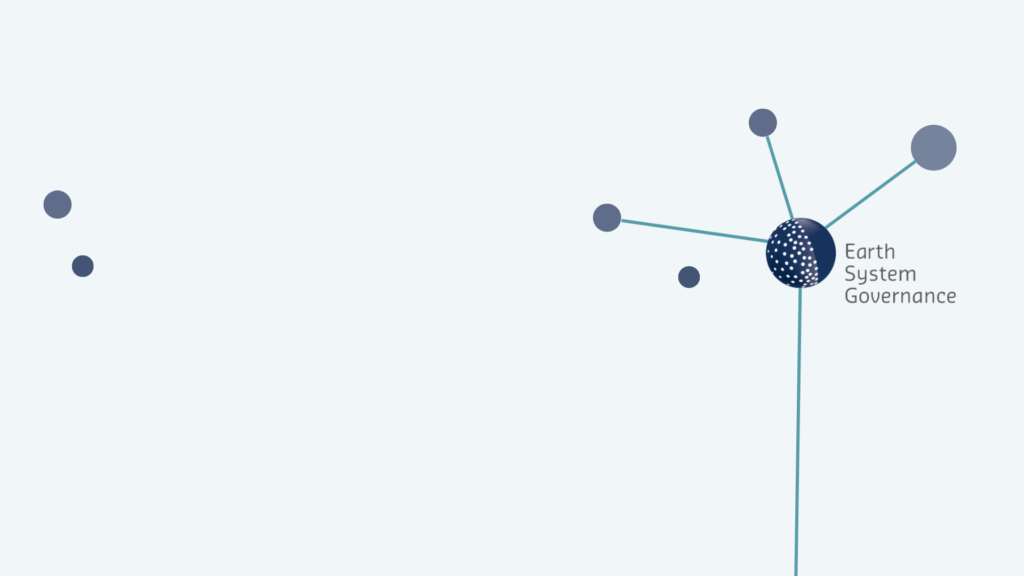Deadline: 31 December 2016. Link to full announcement here.
Supervisors:
Dr Julia Jabour
Professor Philip Boyd
Dr Jeffrey McGee
Expected start date for this project is early in 2017, for further details please contact Dr Julia Jabour (julia.jabour@utas.edu.au).
In May, 2013, the world passed the benchmark atmospheric concentration of CO2 – 400 ppm. This figure was once the line in the sand beyond which the world should not go, since it would represent ‘dangerous climate change’. At the 21st Conference of Parties to the UN Framework Convention on Climate Change (UNFCCC), held in Paris in 2015, discussion centred on, inter alia, limiting temperature rise to 1.5º, or possibly 2º – a seemingly impossible task, despite the commitment of the countries present.
This commitment raises many uncertainties because of the generous considerations made to both developed and developing economies. Without being able (or willing) to entirely stop emissions, or to make them into so-called ‘negative emissions’, there will be (and this is evident already) increasing interest in geoengineering. This is the deliberate, large-scale intervention in the Earth’s natural systems to counteract climate change, and there are a range of techniques under development or consideration. These include CO2 removal approaches such ocean fertilisation, afforestation, and direct CO2 injection, and solar radiation management approaches such as space reflectors.
In the Summary of the 2015 US National Academy of Sciences Report on Climate Intervention: CO2 Removal, it was noted that if society ultimately decides to intervene in Earth’s climate, the Committee most strongly recommends any such actions be informed by a far more substantive body of scientific research—encompassing climate science and economic, political, ethical, and other dimensions—than is available at present.
It is this point that the project takes as its foundation – a holistic appraisal of international geoengineering research, combined with an assessment of the challenges (eg. transboundary effects, the global commons, international v. national legal approaches, and public acceptability), public perceptions, and legal and political approaches to best practice governance.
The stated objectives of the ARC Laureate project to which this proposal is attached, are:
- To provide a robust assessment of the feasibility of successful ocean geoengineering projects, through enhancement of the productivity of selected fast-sinking carbon-rich microbes, in Southern Ocean waters south of Australia.
- To translate this scientific assessment of geoengineering into a holistic appraisal with interlinked economic, safety and governance components which can be a model for good governance of international geoengineering research.
- To present international regulatory bodies and the Australian policy community with detailed information on the benefits and drawbacks of ocean geoengineering, in order to inform national policy and international negotiations over geoengineering in the ocean south of Australia.
- To publish a guide for policy-makers on pathways to research governance for geoengineering studies
This project will therefore involve a multi-faceted study of geoengineering and geoengineering governance, involving several phases of data collection, collation, analysis and dissemination, including
- an holistic appraisal of international geoengineering research techniques;
- the collation of the results of scientific research into geoengineering;
- the categorisation of those results into factors affecting physical, biological, social, economic, and political status in Australia (and more broadly);
- the evaluation of legal approaches to the techniques and results;
- an appraisal of public perceptions of geoengineering; and
- the design of a guide for policy-makers.
The project will adopt a mixed-methods approach to data collection, involving such techniques as desktop studies, interviews with scientists, scientific translation and communication, public data-gathering through such activities as surveys (eg. SurveyMonkey), and standard legal and policy textual analysis.
The project outcomes will include the convening of several users’ forums at the completion of various milestones to inform the regulatory bodies and the Australian policy community of progress to date. Ideally the candidate will gain a place on Australian delegations to regulatory body meetings (eg. CoPs for the Convention on Biological Diversity or London Convention/Protocol) to gain first-hand experience of the international diplomatic and political context in which decisions are made.
The project outputs will include several articles to be published in international, peer-reviewed journals, during the appraisal phases. The key output will be a policy-makers’ guide to good governance of geoengineering research.


